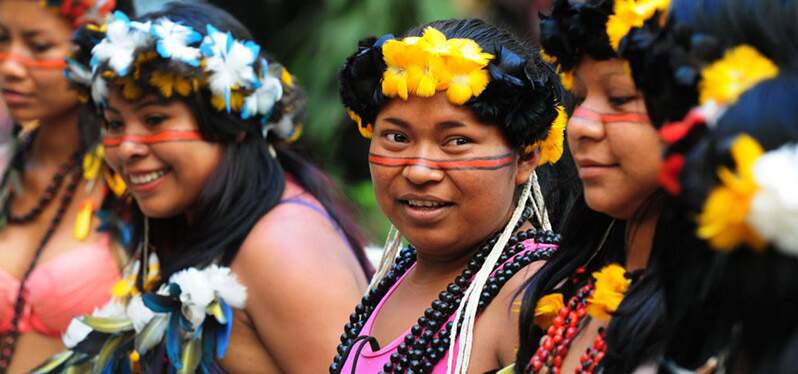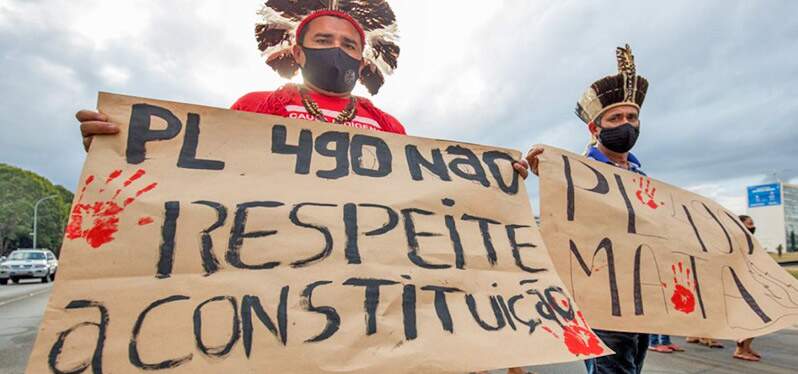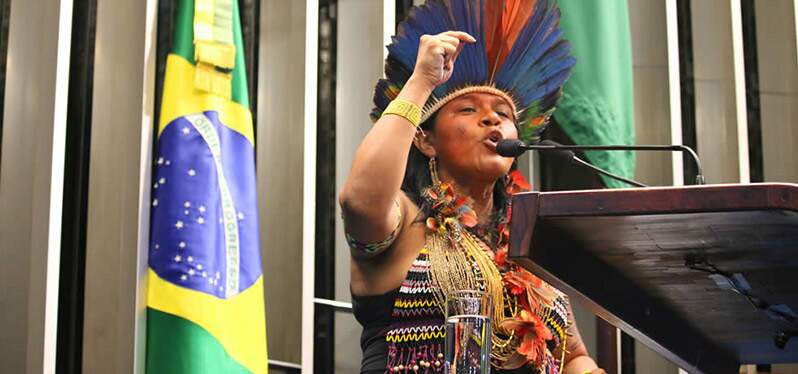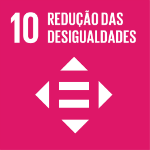Posted in: 08/09/2021

According to the United Nations (UN), there are more than 476 million indigenous people living in 90 countries and representing 6.2 percent of the global population. Promoting the “Inclusion, participation, and approval” of these peoples in decision-making processes is essential to reduce inequalities and guarantee rights.
Therefore, the UN theme for this year’s International Day of the World’s Indigenous Peoples is “Leaving No One Behind: Indigenous Peoples and the Call for a New Social Contract.” The Organization’s intention is to call on indigenous peoples to take their voices into the decision-making processes and be included in the social contract with their due importance.
“A social contract is an unwritten agreement that societies make to cooperate and obtain social and economic benefits. In many countries, where indigenous people have been evicted from their lands, their cultures and languages disparaged, and their people marginalized from political and economic activities to begin with, they were never included in the social contract. The social contract was made between the dominant populations.”
Full text available on the UN website
Protecting native peoples and their cultures is a basic action that all societies need to put into practice. The most evolved countries in issues related to the treatment of their indigenous peoples, and the inclusion of their agendas in society, although belatedly, are discussing ways to generate greater participation and representativeness.
But how is the national scenario regarding to its indigenous peoples?
Brazil, unfortunately, seems to be going against what was proposed by the UN and what has been applied in other countries. More than ever, the changes in rights that already seemed guaranteed, the lack of creation of public policies, and the neglect have caused problems for their original peoples.
The most recent environmental public decisions have created loopholes that facilitate illegal exploitation of indigenous territories, generating constant fear of loss of rights and invasions of demarcated territories. Among the proposals that most affect indigenous communities, one has stood out recently for the damage it may cause: PL 490.
The 1988 Constitution officially recognized the original right to territories, guaranteeing indigenous peoples permanent possession of the territories they occupied, and giving the Union the duty to demarcate and protect these areas.
But Bill 490 could jeopardize this acquired right. With the officialization of the so-called “Time Frame“, the territory possession will only be assured to those peoples who can prove that they were already in the territory on the date of the promulgation of the Constitution, on October 5, 1988.

Also proposed in the Bill, the measures to end the exclusive use of the territories by indigenous peoples and the permission for mining and prospecting in these territories will directly impact the environment, the natural resources and the sustainable lifestyle of the peoples.
It is noteworthy that the House of Representatives recently approved PL 2633/20, which proposes to increase the size of federal territories that can be regularized without a previous inspection. The only requirement would be a declaration that the occupant follows the environmental legislation and the analysis of documents, dismissing the need for an inspection by the National Institute for Colonization and Agrarian Reform (INCRA).
These political decisions against the peoples’ rights led the indigenous organizations to create the name “Anti-Indigenous Congress“. The term has been used by the movements to emphasize and denounce the parliamentarians and the political proposals, in the Senate and in the Federal Chamber, that can harm these peoples’ rights.
The Missionary Council for Indigenous Peoples (Cimi) released, in 2018, the document “Anti-Indigenous Congress: The parliamentarians who acted the most against the indigenous peoples’ rights.” Although it is not so updated, many of the bills showed up in the document are still being voted on, such as the aforementioned PL490 and its appendices. But the document is important because, by compiling all the projects, it gives a dimension to the amount of proposals that threaten the rights of indigenous peoples.
For the indigenous leaders who currently represent their peoples, as well as for the UN, it has already become clear that the main way to reverse projects that can harm and remove rights, as well as to include indigenous proposals on the agenda in political decisions, needs to be through the cause’s visibility and representation increase, especially political.

With the coronavirus pandemic, which has increased the vulnerability of indigenous peoples, movements in defense of indigenous causes have grown in online actions. They have found in the internet the means to break the barrier imposed by isolation and to continue spreading their demands, with even greater reach and visibility.
There is still no tangible data about the impact of the Internet on the lives of indigenous communities and villages. But the new generations have been appropriating the tool to propagate their culture and demonstrate the strength of collectivity, participating in public debates and assuming the protagonism.
Finding representation in politics and in other areas, as in the indigenous people who are highlighted today, has also been important and a strong stimulus for the Brazilian indigenous people, as has been happening with native peoples in other countries, can occupy spaces and recover the voice that was taken away from them by the dominant populations.

Sign up and receive our news.